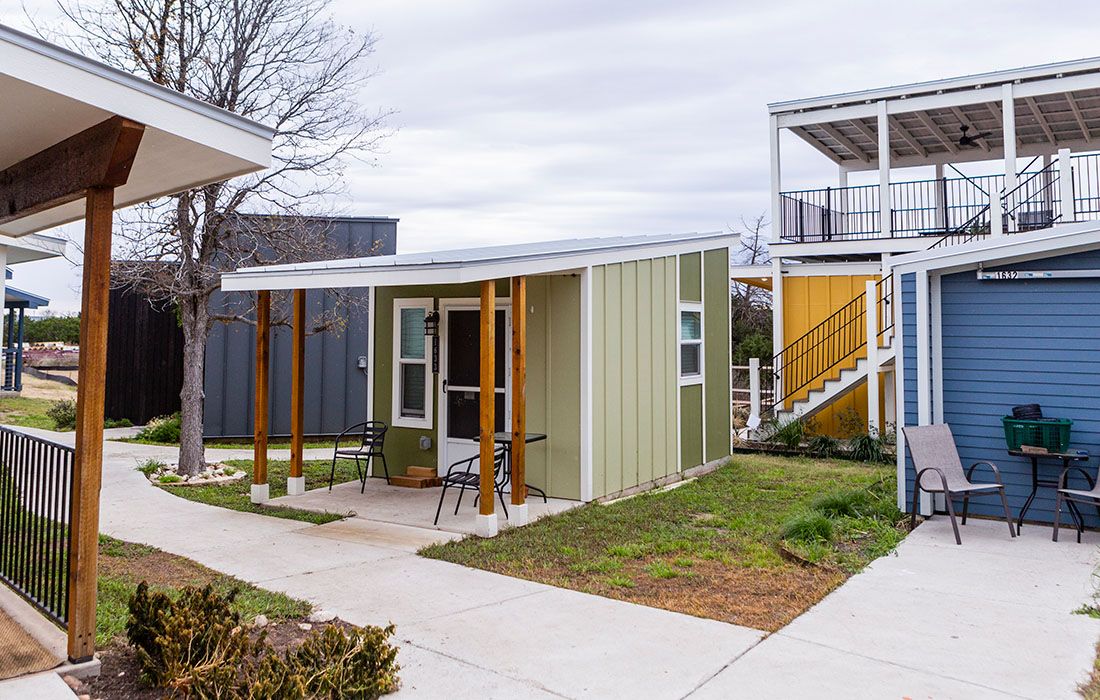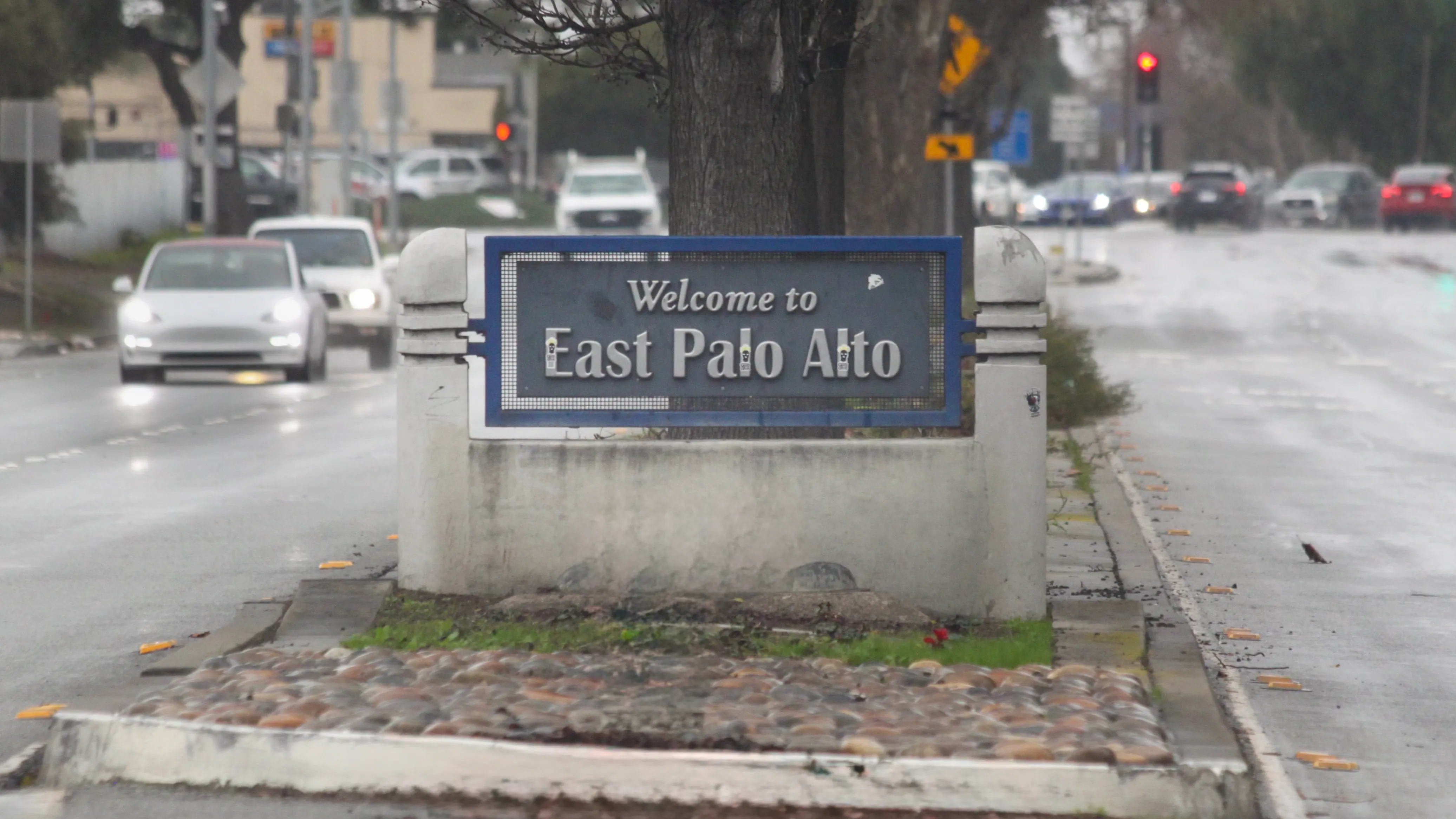A Chain of Hope: How a Simple Act of Kindness Paved the Way for a Life-Saving Transplant
A random act of kindness can have a far-reaching and transformative impact often beyond what we can imagine. It's like throwing a pebble into a pond and watching the ripples spread outwards. Kindness no matter how small it might seem can set off a chain of events that bring positive change and hope to others. Such acts remind us of the power of human compassion and the profound connections we can create with simple selfless gestures. In a world where negative news often takes the spotlight stories of kindness shine brightly inspiring others and fostering a sense of community.
One incredible example of the power of kindness is the life-saving donation and transplant chain. This chain begins with a single person deciding to donate an organ which can save the life of a recipient in need. This act of generosity often inspires others to do the same creating a chain reaction where multiple lives are saved. Organ donation is a profound gesture of kindness as it involves giving a part of oneself to help another person live.
Initial Random Act of Kindness
The initial act of kindness in this story was a decision by an individual to donate their kidney. This person having learned about the struggles of those waiting for organ transplants chose to become a living donor. This selfless decision didn’t just help one person; it initiated a chain of donations. The donor didn't expect anything in return; their sole motive was to help someone in need. This remarkable gesture demonstrated profound empathy and a willingness to make a significant personal sacrifice for the benefit of others.

The individual who started this chain was moved by the stories of people suffering from kidney diseases. They were not connected to anyone in need of a transplant but were inspired to help after understanding the impact their donation could have. This person underwent several medical evaluations to ensure they were a suitable donor. Their willingness to go through this process for a stranger highlights the depth of their compassion and altruism. This act of kindness reflects a broader community spirit where people are ready to help others even those they have never met.
Connection to Organ Transplant Chain
The initial act of kindness became the catalyst for an organ transplant chain. When the first kidney was donated it not only saved the recipient's life but also inspired others. Family members or friends of the recipient who were ineligible to donate directly to their loved one offered to donate their kidneys to other strangers in need. This created a domino effect where each donation led to another. Such chains are coordinated by transplant centers and involve careful planning to match donors with recipients creating a life-saving ripple effect from a single act of kindness.
Organizing an organ transplant chain is complex involving meticulous coordination and logistics. Medical teams from various hospitals work together to match donors with recipients considering factors like blood type and health condition. Timing is crucial as organ transplants need to be performed swiftly. The chain involves numerous surgeries transport of organs over distances and post-operative care. Transplant coordinators play a vital role in ensuring that each step of the process goes smoothly maintaining communication between all parties involved.
Life-Saving Donation and Recipient Stories
Hearing from people who have received organ donations is truly heartwarming. Each story is unique but they all share a common thread of gratitude and transformation. For many receiving an organ meant getting a new lease on life. Before the transplant they faced daily struggles and uncertainty due to their illnesses. But after receiving the donation their lives changed dramatically. They could dream and plan for the future again something they hadn't been able to do for a long time.
The organ transplant chain's impact on recipients is profound and life-changing. It's more than just a medical procedure; it's a gift that brings new possibilities and hope. These recipients who once faced severe health challenges now enjoy a quality of life they hadn't imagined possible. The knowledge that their new lease on life came from a stranger's act of kindness adds a special layer of meaning to their recovery.
Ripple Effect of Kindness
The story of how one act of kindness can trigger a chain reaction is both heartwarming and powerful. Imagine someone deciding to donate a kidney to a stranger. This selfless act doesn't just end there; it starts a ripple effect. Another person inspired by this act decides to donate too. This creates a chain of donors and recipients each act of kindness leading to another. It's like a domino effect but with generosity and compassion. Recently a news story highlighted a transplant chain that started with one donor and ended up helping dozens of people. This shows how a single decision to help can spread far and wide touching many lives.
Each donor and recipient in a transplant chain has a unique story. One donor might be inspired by a loved one's struggle with illness while another might be moved by a story they heard. The recipients on the other hand receive a new lease on life. Their stories often include overcoming long-term illnesses and a renewed sense of hope. For example a recent chain included a young mother who received a kidney allowing her to live a full life with her children.
Public Awareness and Advocacy
Media plays a crucial role in raising public awareness about organ donation. Through news stories documentaries and social media campaigns the media can educate people about the importance and impact of organ donation. For instance a recent television documentary showed the journey of organ donors and recipients significantly increasing the number of people registering as organ donors.
The inspiring stories of organ transplant chains often lead to increased advocacy efforts. These efforts include campaigns to educate the public drives to sign up more donors and lobbying for supportive policies. As a result of these advocacy efforts there's often a noticeable increase in organ donation rates. For example after a high-profile transplant chain story was shared widely several regions reported a significant rise in the number of registered organ donors.
Personal Reflections and Gratitude

The personal reflections from donors recipients and their families are often filled with emotion and gratitude. Donors talk about the fulfillment and joy they feel in being able to save a life. Recipients express their immense gratitude and describe the transplant as a second chance at life. Families too share their relief and happiness. For example a donor in a recent transplant chain expressed how giving a kidney was one of the most meaningful things they had done while the recipient shared their renewed hope for the future.
The emotional impact of being part of a life-saving transplant chain is profound. Recipients often express deep gratitude not just for the physical organ but for the renewed opportunity to experience life fully. They talk about the simple joys they can now enjoy like playing with their kids or going for a walk. Donors too feel a deep sense of satisfaction knowing they've made a significant difference in someone's life. The bond that forms between donors recipients and their families is unique and often lasts a lifetime.
In conclusion the journey from a single act of kindness to a life-saving organ donation is nothing short of transformative. It begins with one person's decision to help a stranger and grows into a powerful chain of generosity and compassion. This journey not only changes the lives of recipients but also inspires others to become donors creating a lasting impact.






